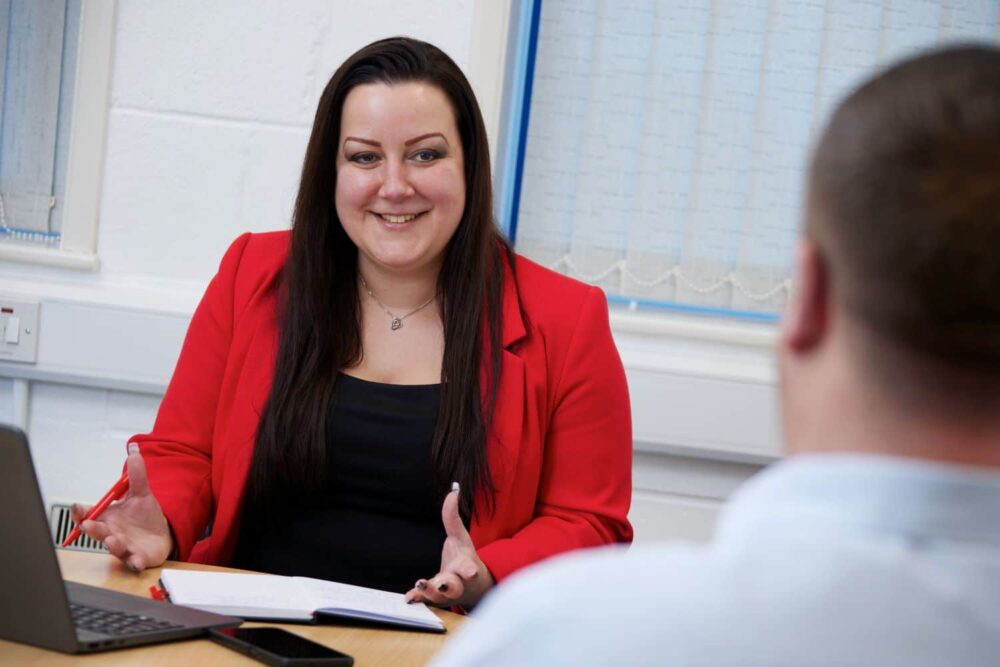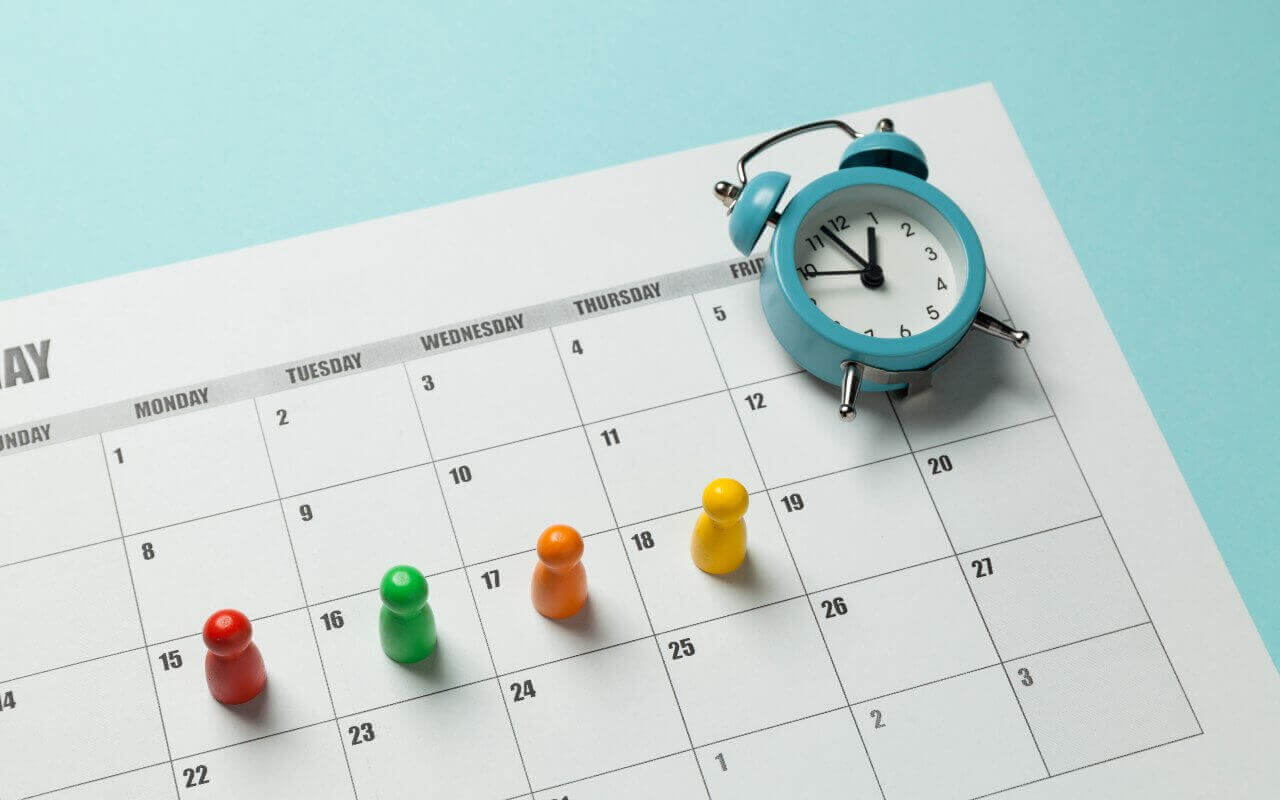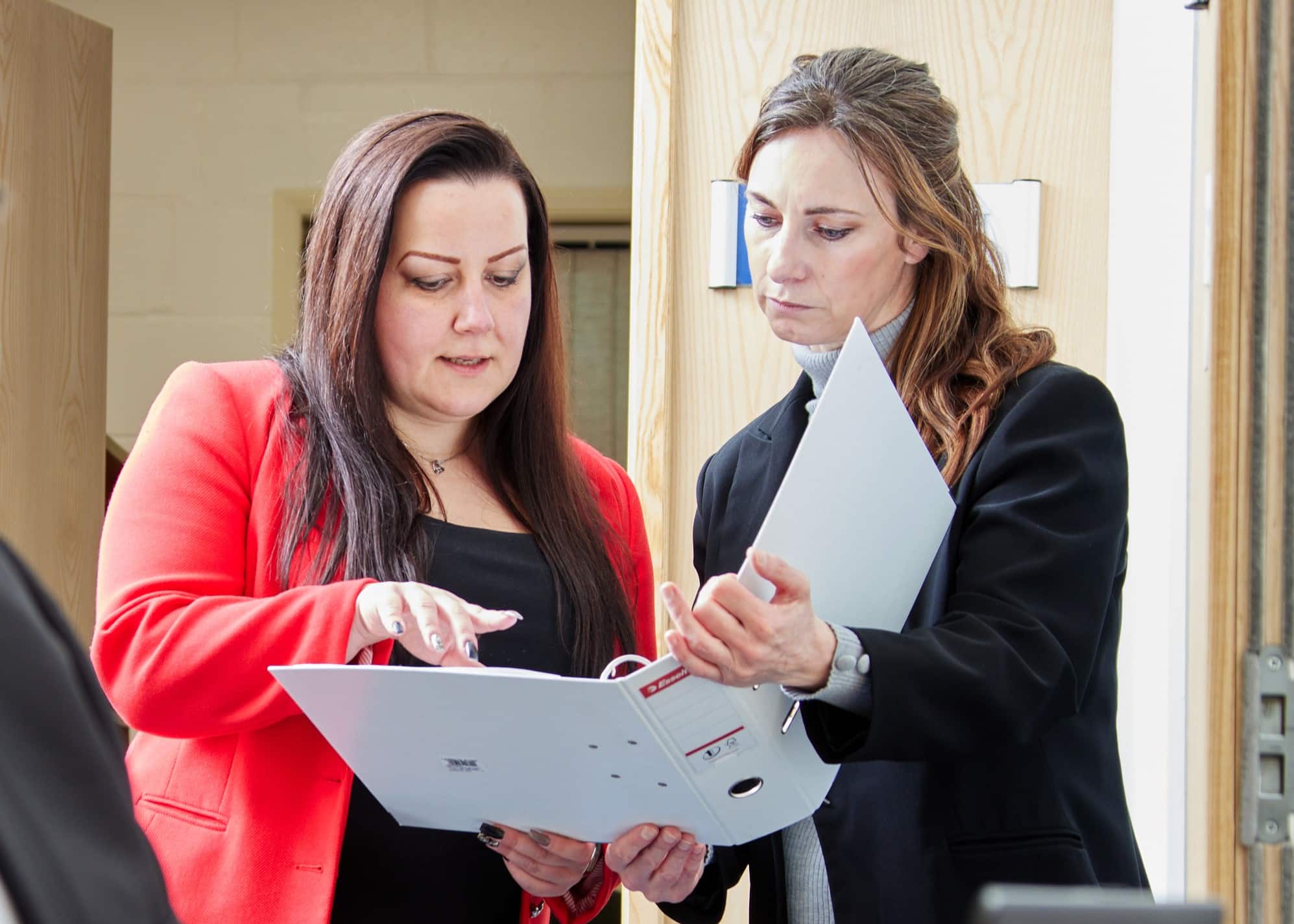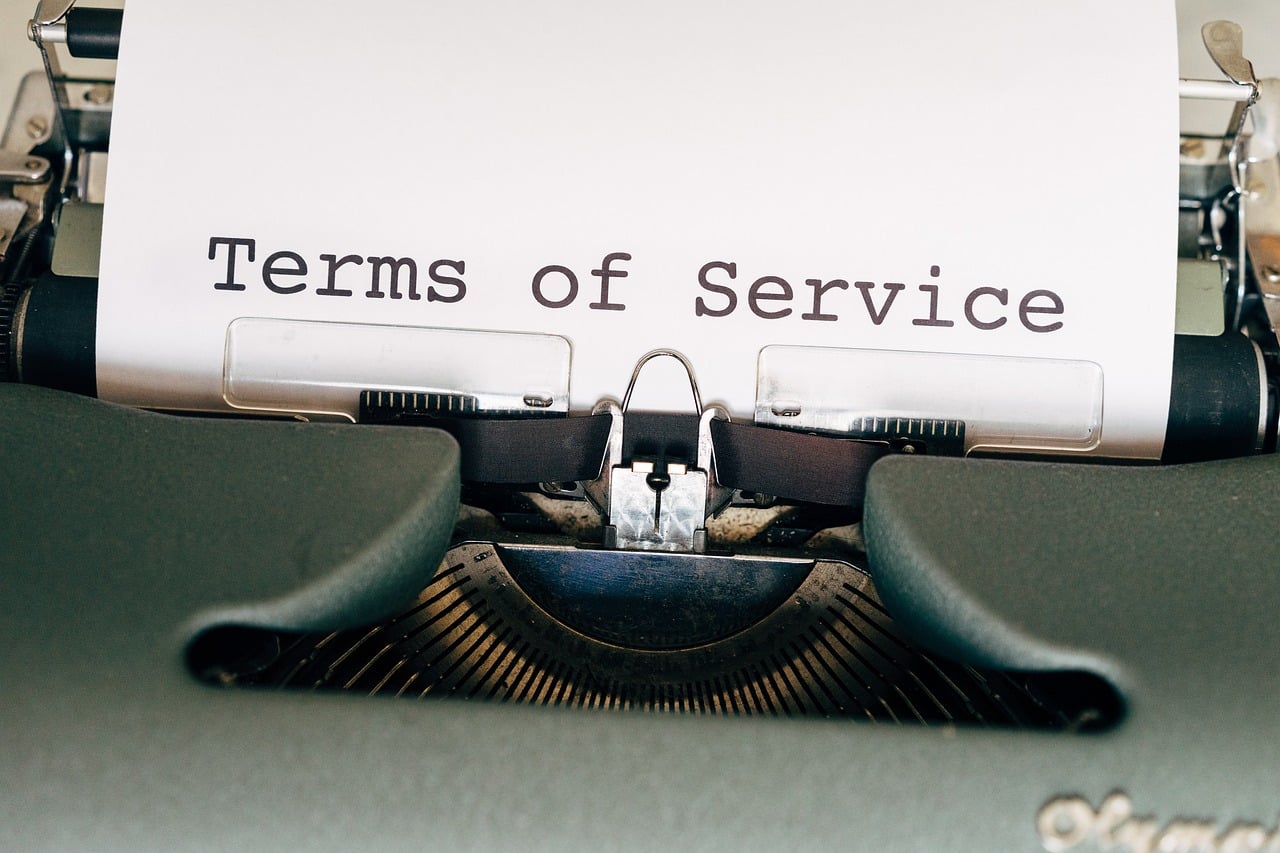Interviews are a two-way process and an opportunity for you and a potential employer to meet and see whether you are compatible. You already caught the employer’s attention with your killer CV, now it’s time to meet.
Here are a few tips and words of wisdom about what to do BEFORE, DURING and AFTER your interview to guarantee success.
BEFORE THE INTERVIEW
Prepare yourself
Think about your transferrable skills, qualifications and experience – what are they? Ensure you can talk about them confidently. Use examples from previous work (or life experiences) to show how you utilised these skills.
Research the company
It’s important to research the company before your interview as it will give you a good background knowledge and awareness about the company’s activities, achievements and operations. Visit the company’s website to find out what the do, what products or services they offer, how many staff they employ, where they’re located, and so on.
Note down some questions to ask
You should refrain from asking about pay and benefit related questions at the first meeting. These questions are better left until a second interview or until a job offer is made. In the first instance, you could ask:
- How would you describe a typical day for the person doing this job?
- What training is available?
- What scope is there for career development?
- How often do you hold staff performance appraisals?
- How soon do you expect to make a decision?
- What is the next step from here?
- What attracted you to apply for the position?
- Why did you choose this profession? What do you like/dislike about it?
- What has been your greatest achievement?
- What do you think are the top 3 skills someone should possess to do well in this position?
- What are your strengths and weaknesses?
- Describe how you can utilise your previous work experience in this role?
- Why should we hire you?
Dress code & appearance
Ensure you wear smart business attire, have clean shoes and clothing, tidy hair, and keep perfume/aftershave and make-up to a minimum.
Travel
Plan your journey in advance to ensure you arrive at least 10 minutes early. It is also a good idea to take your contact’s telephone with you in case the worst happens and you get lost or stuck in traffic.
Paperwork
It may be useful to tale copies of certain written information with you. f you do, carry them in a suitable case or folder. Documents you could take:
- CV, references, portfolio or examples of your work.
- Copy of the job advert or job description to refresh your memory.
DURING THE INTERVIEW
So, you’ve prepared yourself, planned your route, researched the company, prepared some questions to ask and anticipated what you may be asked. Now it’s the day of the interview – are you ready?
First impressions
First impressions count! You will make an impression in the first few minutes of an interview, which is why it’s important to smile, offer a good firm handshake, as well as offer to take your coffee cup to the kitchen once the interview ends.
Communication
Interviews are a two-way process and an opportunity for you to show an employer the benefits of employing you. Whilst it is important for you to sell yourself by detailing your relevant skills and experience, you should also be careful not to monopolise the interview and allow the employer to speak.
The next steps
At the end of the interview, thank the employer for their time and agree what the next steps will be. Find out who will be contacting you to let you know the outcome of your interview, and when you can expect to find out whether or not you have been successful. You should also find out whether the next step will be a decision/job offer or a second interview.
At the end of the interview
If you are interested in the position, make sure you let the employer know. It’s always good to leave on a positive note.
HOW TO MAKE A GOOD FIRST IMPRESSION
Do:
- Be confident.
- Smile, be polite and friendly.
- Offer a good firm handshake.
- Keep eye contact during the interview.
- Speak clearly.
- Ask for clarification if you don’t understand a questions.
- Sell yourself and your strengths.
- Above all, tell the truth!
- Try to get a good night’s sleep.
Don’t:
- Sit until invited.
- Fidget or slouch in your chair.
- Swear.
- Criticise previous employers.
- Interrupt the employer when they are speaking.
- Exaggerate or go over the top.







